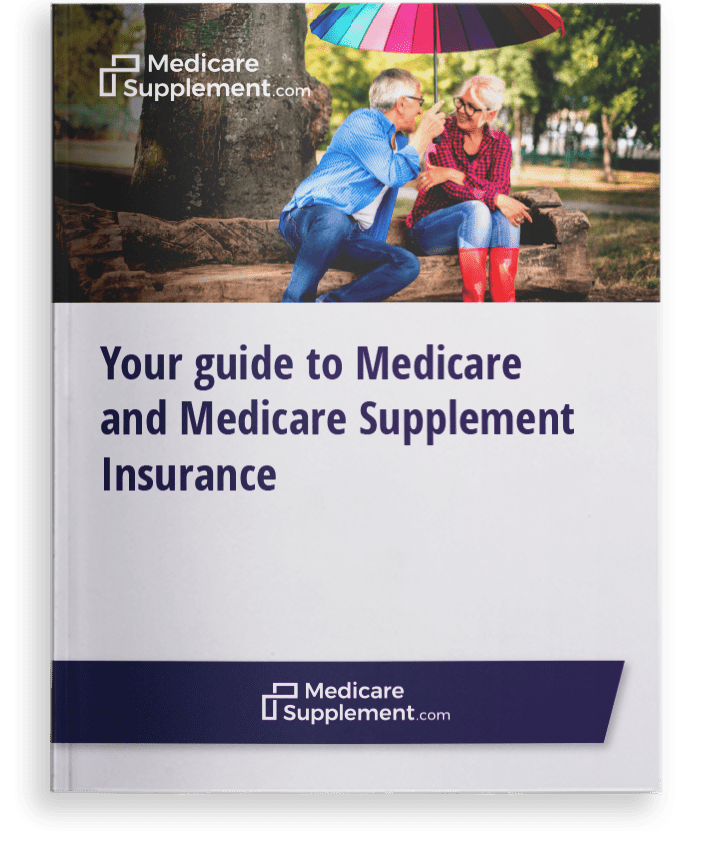Medicare 101
Deducting Medicare Costs If You're Self-Employed
If are or have been self-employed, there are some things you need to know about Medicare before you reach age 65. Find out how working for yourself can affect your Medicare eligibility and whether you can deduct your health insurance premiums from your taxes.

Who Does Social Security Consider Self-Employed?
Generally, you are self-employed if any of the following apply to you:
- You operate a trade, business or profession either by yourself or as an independent contractor.
- You’re a member of a partnership that runs a trade or business.
- You’re otherwise in business for yourself, including a part-time business or working as a freelancer.
If any of the above apply to you, it's important that you take the time to learn how the following Medicare information may affect you.
Enrolling in Medicare Part A and Part B
When enroll in Medicare, one of the first things you’ll notice is that there are two parts: Part A (hospital insurance) and Part B (medical insurance). Everyone pays a monthly premium for Medicare Part B, but many Medicare enrollees are eligible for premium-free Part A (though some people may need to pay a premium for Part A benefits).
You (or your spouse) have to 10 years of work credits (or 40 quarterly credits) to be eligible for premium-free Part A benefits. You earn work credits (up to the maximum of four credits) each year that you earn wages and pay Medicare taxes. When you work for an employer, payroll taxes are automatically deducted from your paycheck.
Qualifying for Premium-Free Part A When You're Self-Employed
If you’re self-employed and your net earnings are $400 or more for the year, there are several things you need to do each year in order to get the work credits to which you’re entitled:
- Correctly fill out both Schedule SE (Self-Employment Tax) and Form 1040 (U.S. Individual Income Tax Return) in addition to other tax forms (Schedule C or C-EZ)
- Pay the proper amount of self-employment tax (based on your net earnings)
Note: As long as you’re working, you must submit your tax returns along with your self-employment tax to the IRS each year by April 15, even if you already get Social Security benefits.

Enroll in Medicare Part B at the Right Time to Avoid a Penalty
If you have other health coverage through your spouse’s employer, through another job or through a Marketplace plan, you might assume that delaying Part B enrollment to avoid paying the premium sounds practical.
However, it is very important to note that not enrolling in Medicare Part B when you are initially eligible could result in a late enrollment penalty that you will have to continue to pay for the rest of the time you have Part B benefits.
If you have group health insurance through an employer for whom you’re still working, you may be able to delay enrolling in Medicare Part B until you leave your employer-provided group health plan. You would then enroll during a Special Enrollment Period.
Otherwise, you should generally enroll in Medicare Part B during your Initial Enrollment Period.
Are Medicare Premiums Tax Deductible for the Self-Employed?
Yes. In 2012, the IRS ruled that Medicare recipients who are self-employed may deduct out-of-pocket health insurance costs that exceed 10% of your adjusted gross income (AGI) for the year. That includes premiums for Medicare Part B, Part D and any Medicare Supplement Insurance plan (also called Medigap) that you may have.
In addition to claiming the self-employed health insurance deduction, you may also deduct the cost of your Medicare deductibles, coinsurance and copayments under Medicare if those costs contribute to an out-of-pocket total that is over 10% of your AGI.
You can even deduct the cost of medical services not covered by Medicare — including dental, hearing and vision care, prescription eyeglasses and nursing home care. Transportation to and from medical treatment may count as an eligible medical expense.
Make Sure You Have Health Insurance Coverage That Works for You
Each person’s tax situation is different, so if you have tax-related questions about Medicare premium payments, talk to your tax advisor. You can also get personalized health insurance counseling at no cost to you from your local State Health Insurance Assistance Program (SHIP).
Health care fees are potentially costly expenditures you and your spouse will have to pay after the age of 65. If you are enrolled or will be enrolling in Original Medicare, it's important to explore how Medicare Supplement Insurance could help pay for your out-of-pocket Medicare costs, such as deductibles, copayments, coinsurance and other fees.
Read more about Medicare Supplement Insurance and the many benefits it can offer the self-employed and any other Medicare beneficiary.

Get a Free Medicare Guide!
Enter your email address and get a free guide to Medicare and Medicare Supplement Insurance, as well as important Medicare news and tips. We promise to never send you spam – just helpful content!
By clicking "Get your guide" you are agreeing to receive emails from MedicareSupplement.com.

